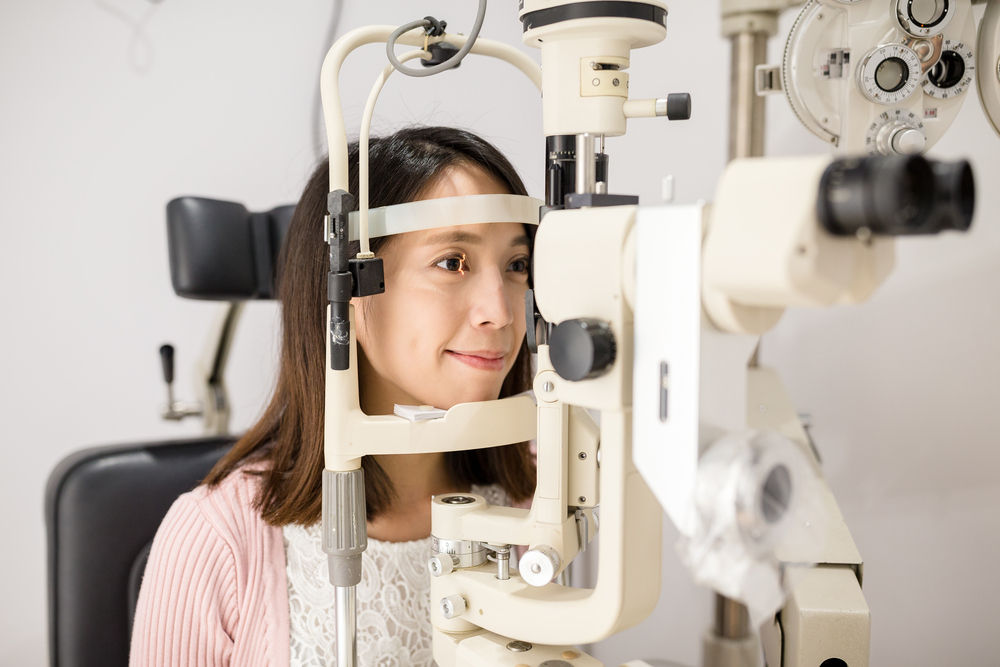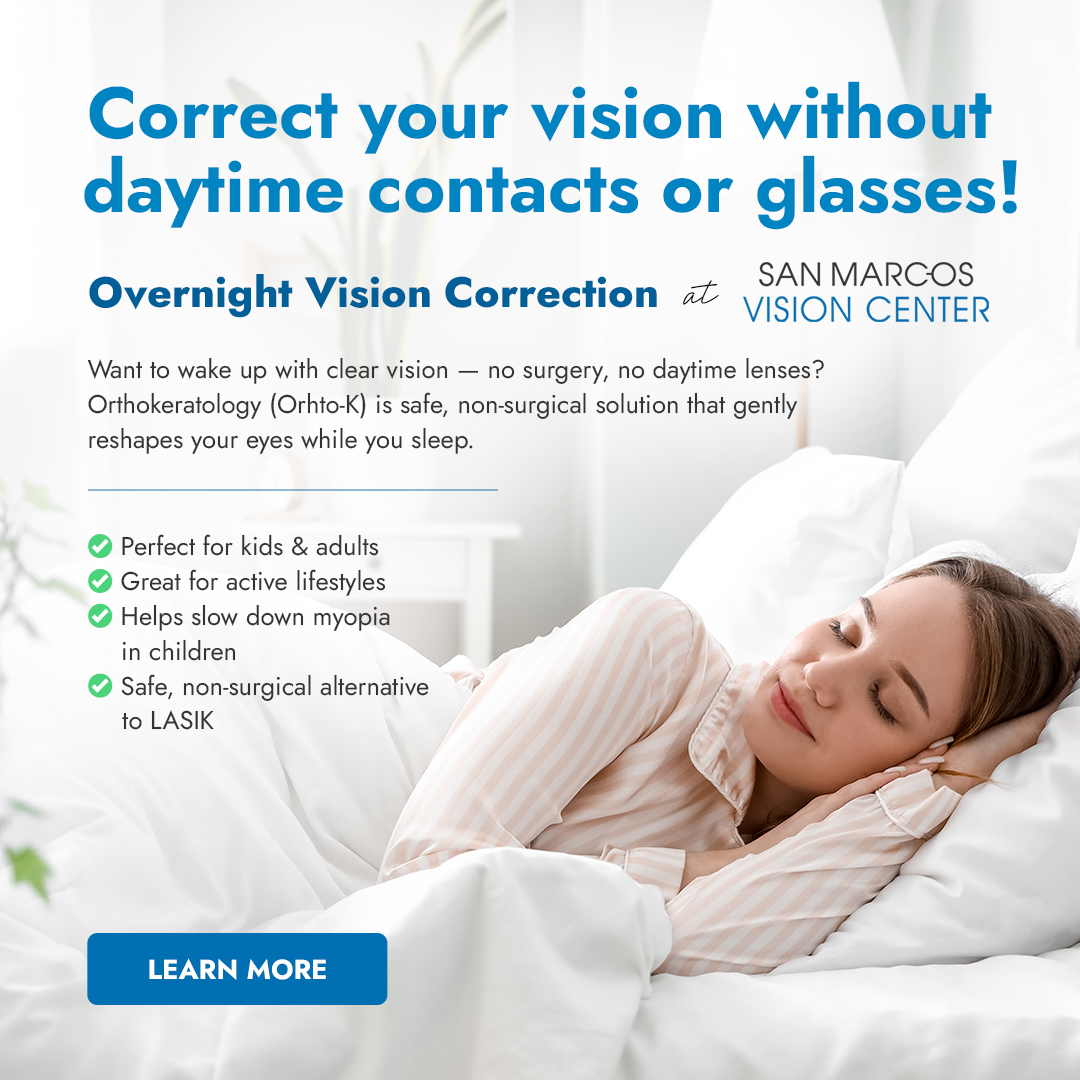
Unlike a routine eye screening that merely checks your visual acuity, a comprehensive eye exam is designed to assess the overall health of your eyes, checking for conditions that might not exhibit noticeable symptoms in their early stages. Regular comprehensive eye exams are not just for updating your glasses or contact lenses prescription. They are vital to detect subtle changes that could signal the onset of eye diseases and conditions. By catching these issues early, you can take the necessary steps to treat or manage them effectively, preserving your vision for years to come.
What is a Comprehensive Eye Exam?
A comprehensive eye exam is a thorough evaluation of your eyes and visual system. It involves a series of tests to evaluate your vision and check for eye diseases. It's conducted by an optometrist and usually takes about an hour or more, depending on the number of tests required.
Tests Involved in a Comprehensive Eye Exam
A comprehensive eye exam is composed of several different tests. These tests can vary from patient to patient, depending on their age, family history, and overall health. However, there are a few that are typically included in every exam.
The first is a visual acuity test. This simple test measures how clearly you can see, using an eye chart with letters that decrease in size as you move down the chart.
Following the acuity test, your eye doctor will perform a visual field test to assess your peripheral vision. This test can help detect blind spots that could be a sign of eye conditions like glaucoma.
A refraction test is next, which determines your exact eyeglass prescription. The doctor may also conduct a color vision test to rule out color blindness, followed by a slit-lamp examination that allows them to see the structures at the front of your eye.
Lastly, an intraocular pressure measurement and retinal examination are carried out to check for signs of glaucoma and other diseases that affect the back of the eye.
Common Eye Conditions Detected through Comprehensive Eye exams
Comprehensive eye exams are vital for early detection of common eye conditions and diseases. These include refractive errors (such as nearsightedness, farsightedness, and astigmatism), amblyopia (lazy eye), strabismus (crossed eyes), as well as more serious conditions like glaucoma, macular degeneration, and diabetic retinopathy.
The Importance of Early Detection and Intervention in Eye Health
Many eye diseases develop slowly, without noticeable symptoms. By the time you notice a change in your vision, the disease may have progressed to a stage where treatment options are limited, and vision loss has occurred.
Regular comprehensive eye exams allow for early detection of these conditions. And early detection leads to early intervention - which can significantly improve the prognosis of many eye diseases. For example, if detected early, conditions such as glaucoma can be managed with medications or surgery, helping to prevent further vision loss.
Additionally, your eyes can reveal signs of systemic diseases like diabetes, high blood pressure, and autoimmune disorders. Early detection of these conditions through a comprehensive eye exam can lead to timely treatment, potentially saving your life.
How Often Should You Undergo a Comprehensive Eye Exam?
The frequency of your comprehensive eye exams should be determined by your age, risk factors, and whether you currently wear eyeglasses or contact lenses. As a general rule, adults should have a comprehensive eye exam annually. However, if you're at high risk for certain eye diseases, your eye doctor may recommend more frequent exams.
Children should have their first comprehensive eye exam at six months of age, another at three years, and then again at the start of school. Children without risk factors should continue to have their eyes examined every one to two years.
Conclusion
Don't wait for your vision to deteriorate before you take action. Early detection and intervention are crucial in preventing many eye diseases and preserving your vision.
Take control of your eye health and schedule your next comprehensive eye exam today, visit San Marcos Vision Center at our office in San Marcos, Texas. Please call (512) 890-0660 to book an appointment today.

 Specialty Contacts
Specialty Contacts





